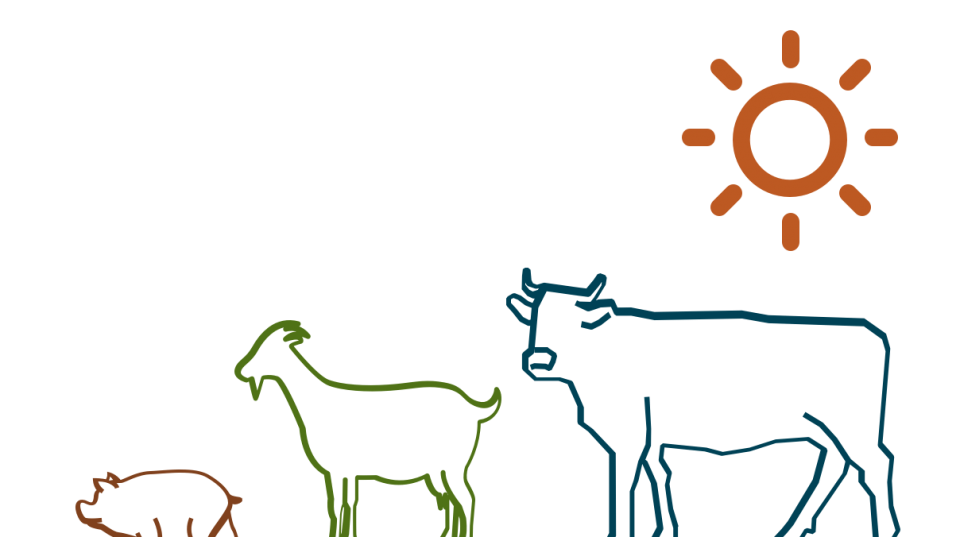Overview
The aim of this scoping study was to explore the opportunity to improve the livelihoods of smallholders in arid and saline areas of Pakistan through the introduction of the AnamekaTM old man saltbush varieties (the original clones and selected seed lines) from Australia.
Small ruminant production is a major source of income to smallholders in the irrigated, rain fed and semi-arid areas of Pakistan. Like much of southern Australia, one of the major constraints to ruminant production is the pattern and scarcity of rainfall, leading to seasonal nutrient gaps. Salinity and shallow water-tables are additional threats to agriculture in southern Australia and Pakistan (where it is estimated that 25% of irrigated land is impacted by salinity). Drought- and salt-tolerant perennial shrubs from the Chenopodiaceae family, such as saltbushes (Atriplex spp.), offer an opportunity to use land and water resources that are too saline or arid for traditional crops and forages. Saltbushes can play a critical role within livestock systems as a dietary complement to poor-quality crop residues. Previous Australian Centre for International Agricultural Research (ACIAR) funded research has demonstrated that several saltbush species can persist in saline soils in Pakistan.
We have assessed the outcomes of previous saltbush introductions, investigated the various roles of saltbush within farming systems and identified researchers and NGO’s within Pakistan who could partner in future saltbush evaluation and extension activities. The opportunity for women to lead saltbush propagation businesses was considered. Our final aim was to seek to link saltbush seed, propagation and machinery businesses in Australia with counterparts in Pakistan.
Outcomes
The primary goal of the project, to get the Australian AnamekaTM saltbush cultivar to Pakistan for future research and adoption opportunities, was achieved. The process was not straightforward, and the plants and seed did not get to the University of Agriculture in Faisalabad (UAF) until September 2018. Seventeen AnamekaTM plants survived the phytosanitary measures and transport delays.
Based on emerging research in Australia, we suggest that the saltbushes may also play a significant role in improving health and productivity of small ruminants, especially those that are young or reproducing. Saltbushes are a rich source of antioxidants and minerals that are critical for the metabolic pathways in mammals that reduce oxidative stress during hot conditions. The opportunity for AnamekaTM saltbush is for saline (but not waterlogged) fields, arid areas where sheep and goats persist on poor-quality crop residues and in marginal land adjacent to villages. Other saltbush species (for example Atriplex amnicola) are better suited to areas that are regularly waterlogged and inundated.





